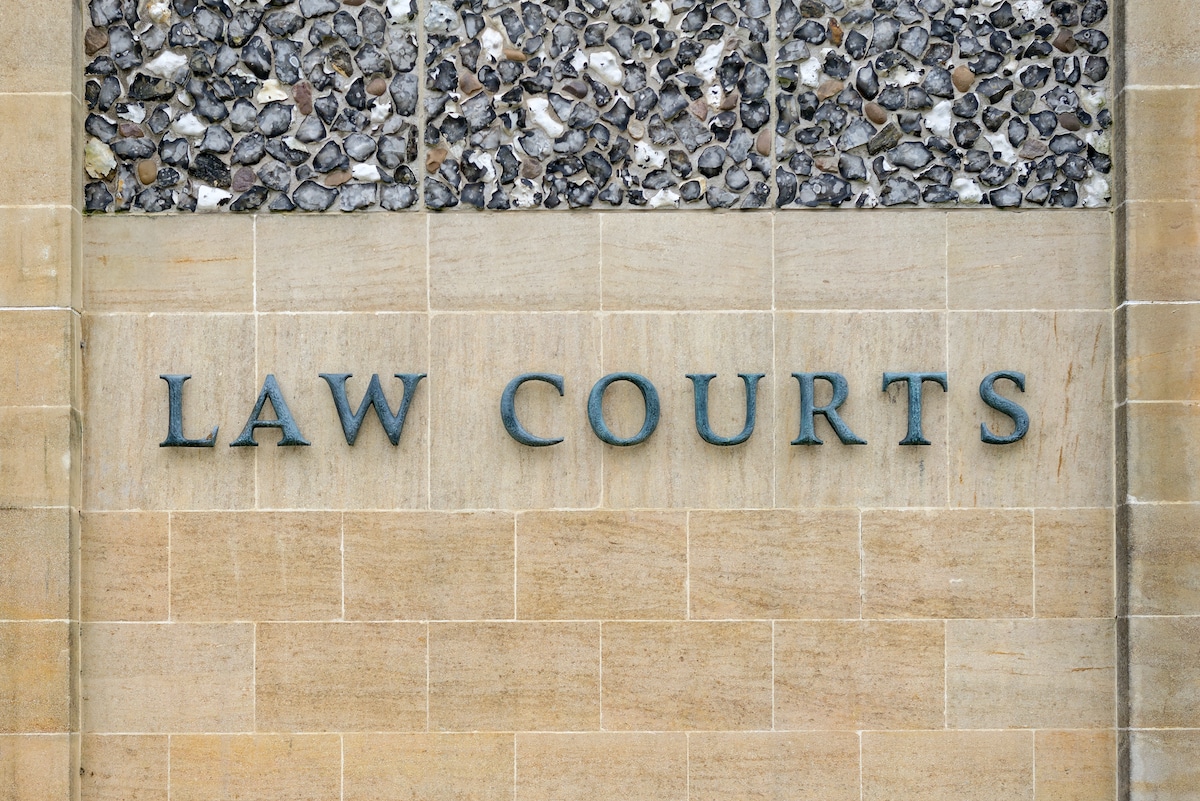The UK Supreme Court has decisively ruled against Shamima Begum’s appeal to restore her British citizenship, reinforcing earlier decisions and sparking debate over national security and human rights. Here’s the full story.
Another Significant Setback

Shamima Begum, the British teenager who travelled to Syria to join the Islamic State (IS), has faced another significant setback in a long line of legal misfortunes after the UK Supreme Court ruled against her appeal to restore her British citizenship.
Unanimous Supreme Court Decision

Three Justices at the Supreme Court unanimously decided that Begum could not challenge the controversial decision to revoke her citizenship, stating that the grounds for her appeal “did not raise an arguable point of law.”
Earlier Rulings Upheld

This decision upholds earlier rulings by the Court of Appeal and the Special Immigration Appeals Commission (SIAC), which found the government’s action lawful.
Begum’s Ordeal Began in 2015
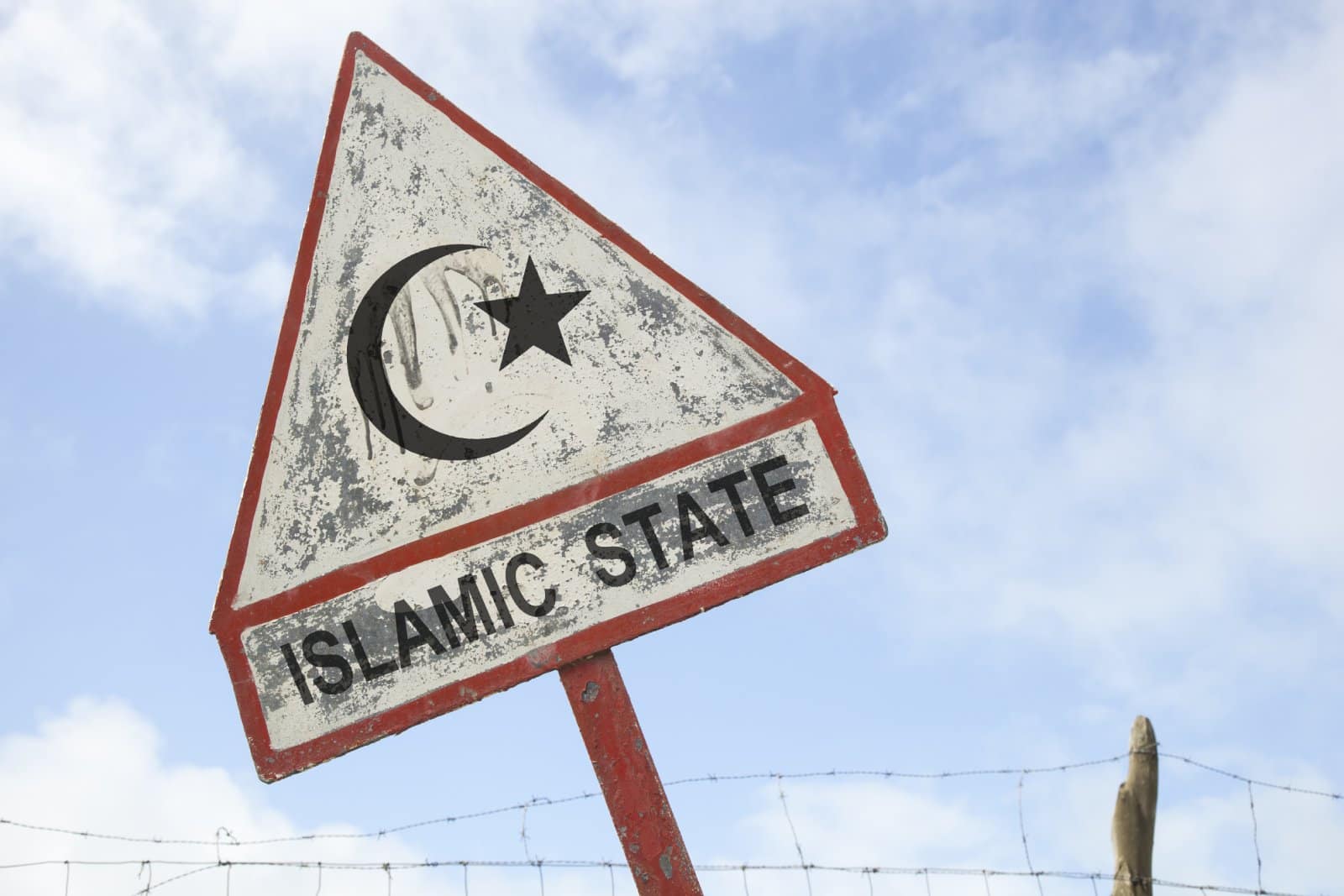
Begum’s arduous ordeal began in 2015, when she left her home, aged 15, alongside two school friends, to join IS in Syria. Upon her arrival, she was married to an IS fighter with whom she had three children. All of the children later died.
Citizenship Revoked in 2019
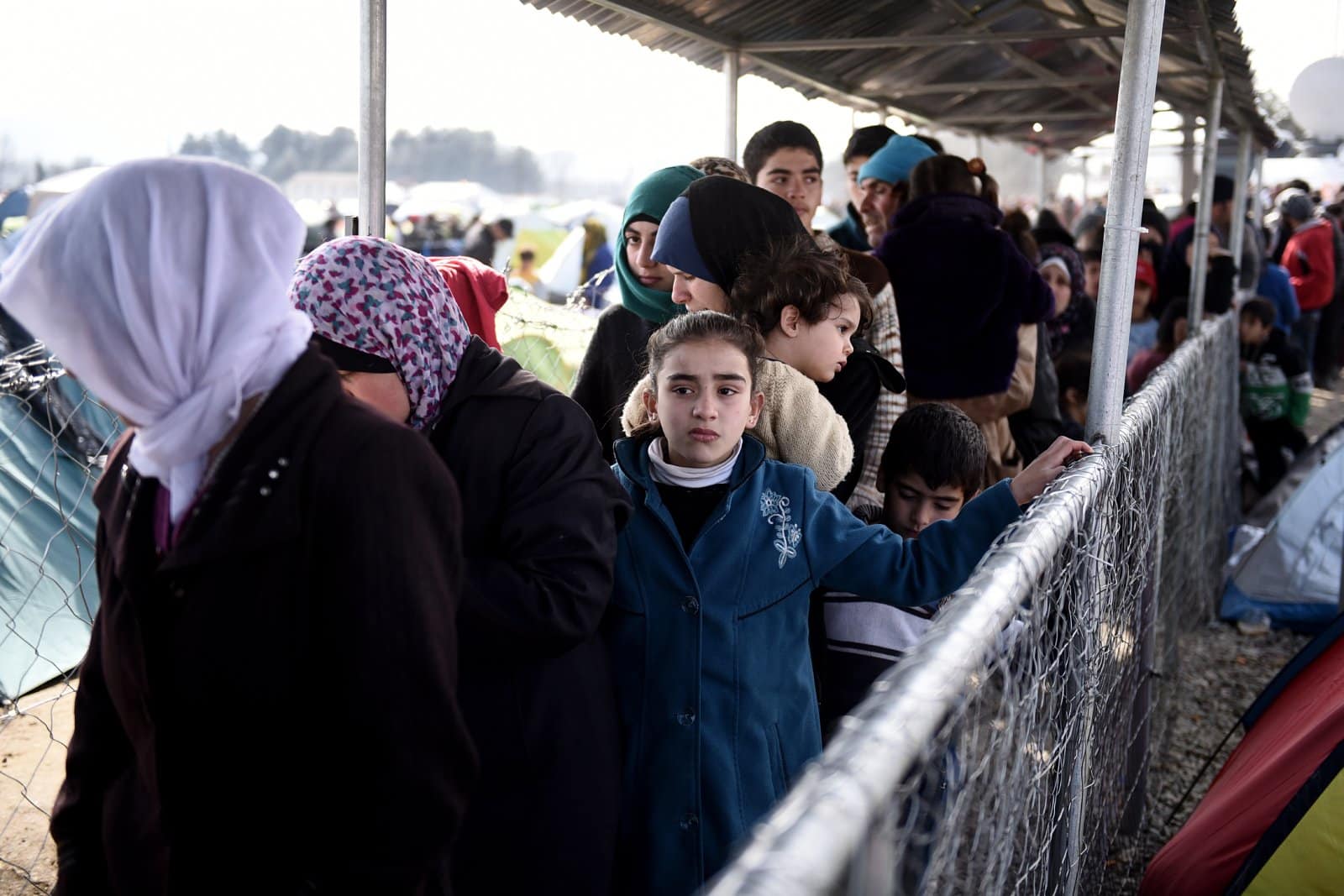
Her case gained widespread attention once again in 2019 when she was found in a Syrian refugee camp and, shortly after her discovery, the then Home Secretary, Sajid Javid, revoked her citizenship on national security grounds.
Controversial Decision

Javid’s decision to leave Begum effectively stateless was highly controversial, with human rights groups decrying the decision as racist, immoral, and unjust.
Victim of Child Trafficking

Begum’s lawyers argued that she was a victim of child trafficking, which they believed should have influenced the decision to revoke her citizenship. They have argued that the authorities failed to protect her as a minor and that she was groomed online by IS recruiters.
Denied Right to Address

Her legal team also claimed that she was denied the right to address the Home Secretary before her citizenship was revoked. However, the Supreme Court countered that this right “would be liable to undermine the effectiveness of such a decision in cases concerned with national security.”
Government Maintains Security Risk
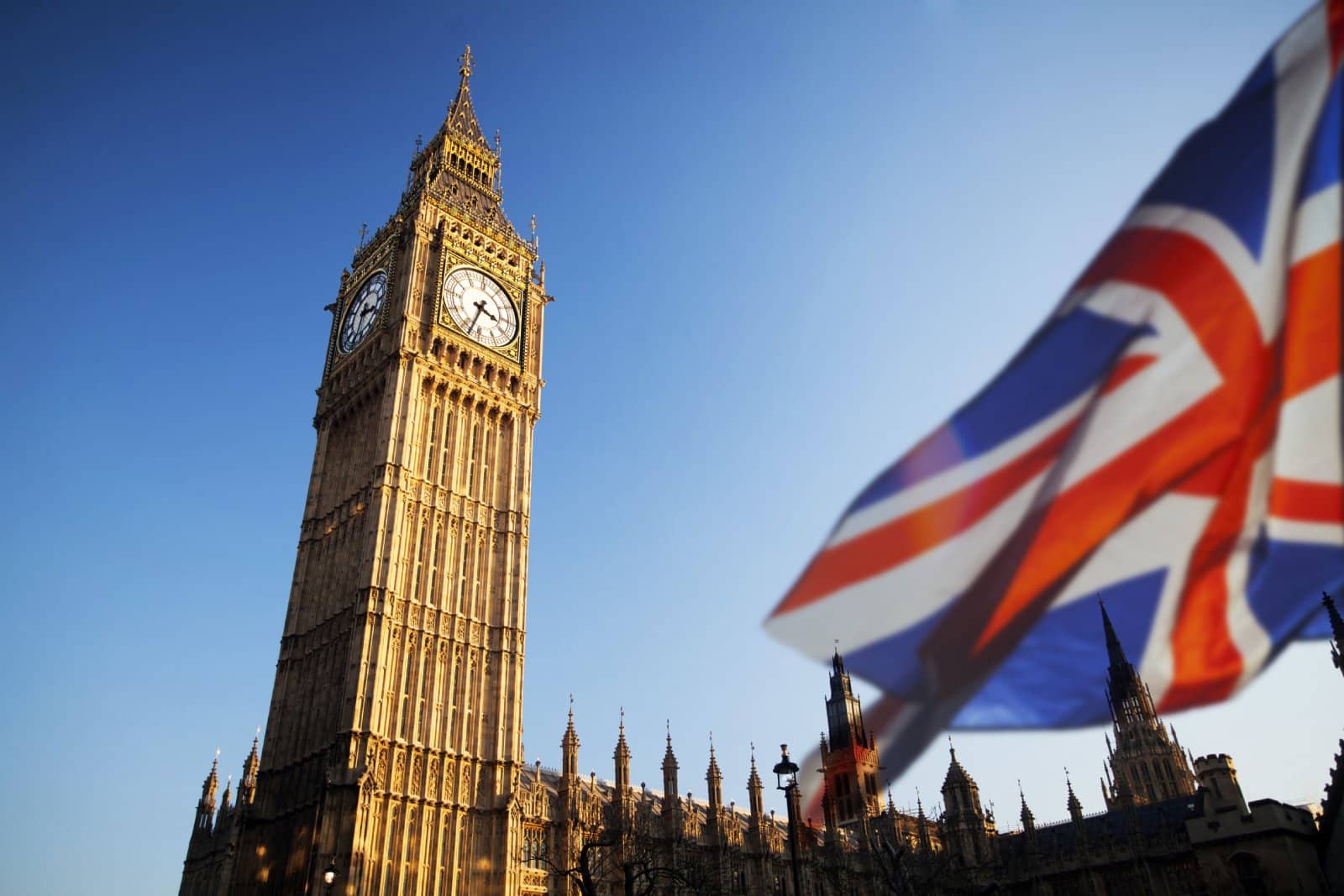
The UK government has maintained that Begum poses a security risk and that her return to the UK would endanger public safety. The Court of Appeal strongly upheld this position, dismissing her bid to regain citizenship in February.
Prioritising National Security

The Home Office has consistently opposed her legal challenges, emphasising that decisions on national security must be prioritised over a lone individual’s human rights.
Influenced but Calculated Decision

This argument has been upheld by the appeals judges, one of whom, Dame Sue Carr, argued, “Ms Begum may well have been influenced and manipulated by others but still have made a calculated decision to travel to Syria and align with Isil [Islamic State of Iraq and the Levant aka IS].”
Human Rights Criticism

However, human rights organisations have been consistently vocal in their criticism of the government’s decision.
Prosecution in British Court
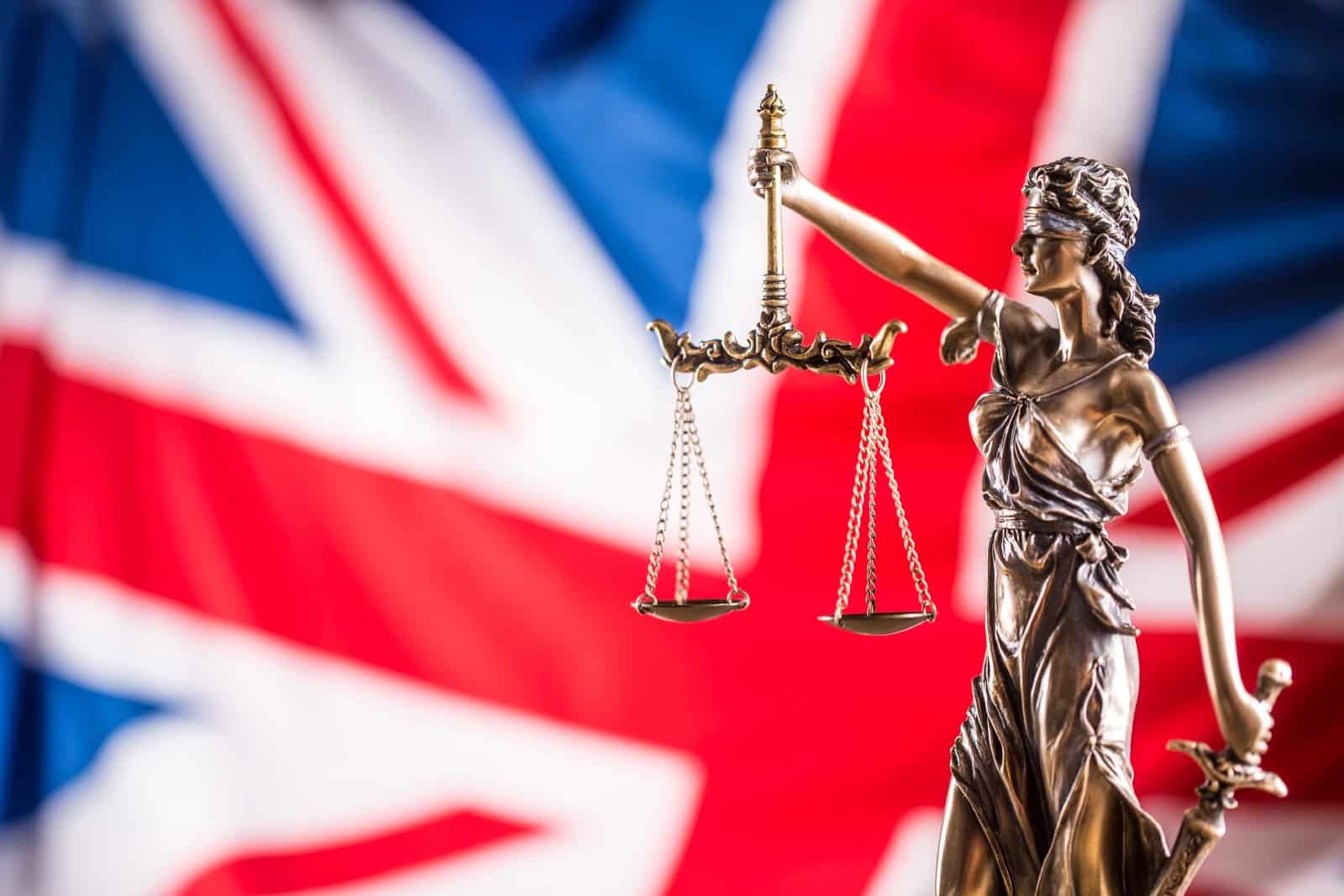
Maya Foa, Joint Executive Director of Reprieve, told the Guardian, “If Shamima Begum has committed crimes, she can be charged and prosecuted in a British court. The UK is more than capable of handling the case of a 15-year-old schoolgirl who was groomed online by an organised trafficking operation.”
Political Reasons, Not Security

She added, “Court of appeal judges recognised that Shamima Begum had her citizenship stripped for political reasons, not on the basis of national security, but concluded they were not able to check the extreme powers currently wielded by the Home Secretary. The supreme court has now agreed that, in practice, stripping Ms Begum’s citizenship leaves her stateless. Exiling British nationals like Ms Begum is about politics, not the law.”
Judiciary’s Role

Despite this, the judiciary has stressed that the court’s task was simply to determine whether the deprivation decision was unlawful, not to pass judgment on whether it was fair or justified.
Author of Her Own Misfortune

Carr stated, “It could be argued the decision in Ms Begum’s case was harsh. It could also be argued that Ms Begum is the author of her own misfortune. But it is not for this court to agree or disagree with either point of view. The only task of the court was to assess whether the deprivation decision was unlawful. Since it was not, Ms Begum’s appeal is dismissed.”
Public and Political Reactions

The case has sparked a wide range of reactions from the public and political figures, with some supporting the government’s hardline stance on national security. In contrast, others call for a more compassionate approach, considering Begum’s age at the time of the incident and the genuine possibility of her being a trafficking victim.
Forever Punished and Ostracised

However, despite the debate over the fate of Shamima Begum, the Supreme Court’s decision has effectively left a young British woman stateless, doomed to be forever punished and ostracised in a Syrian refugee camp for a mistake she made when legally a child.
Next Steps Uncertain

It remains to be seen what Begum’s legal team will do now after such a debilitating defeat in the UK’s highest court.
10 Worst Places to Live in the UK Today

Here’s a look at the 10 worst places to live in the UK, based on statistical analysis and local sentiment, to help you understand the challenges residents may face in these areas. 10 Worst Places to Live in the UK Today
“We Will Never Come to Help You” – Trump’s Hurtful Words Raise Concerns About EU Firepower

It was revealed in a conference in Brussels that former President Donald Trump said in 2020 that the US would “never help” Europe if it was attacked. Now, European nations are grouping to commit more firepower to combat Putin’s threat to democracy. “We Will Never Come to Help You” – Trump’s Hurtful Words Raise Concerns About EU Firepower
Brexit Fallout: 20 Ways the EU Is Falling Apart Without the UK
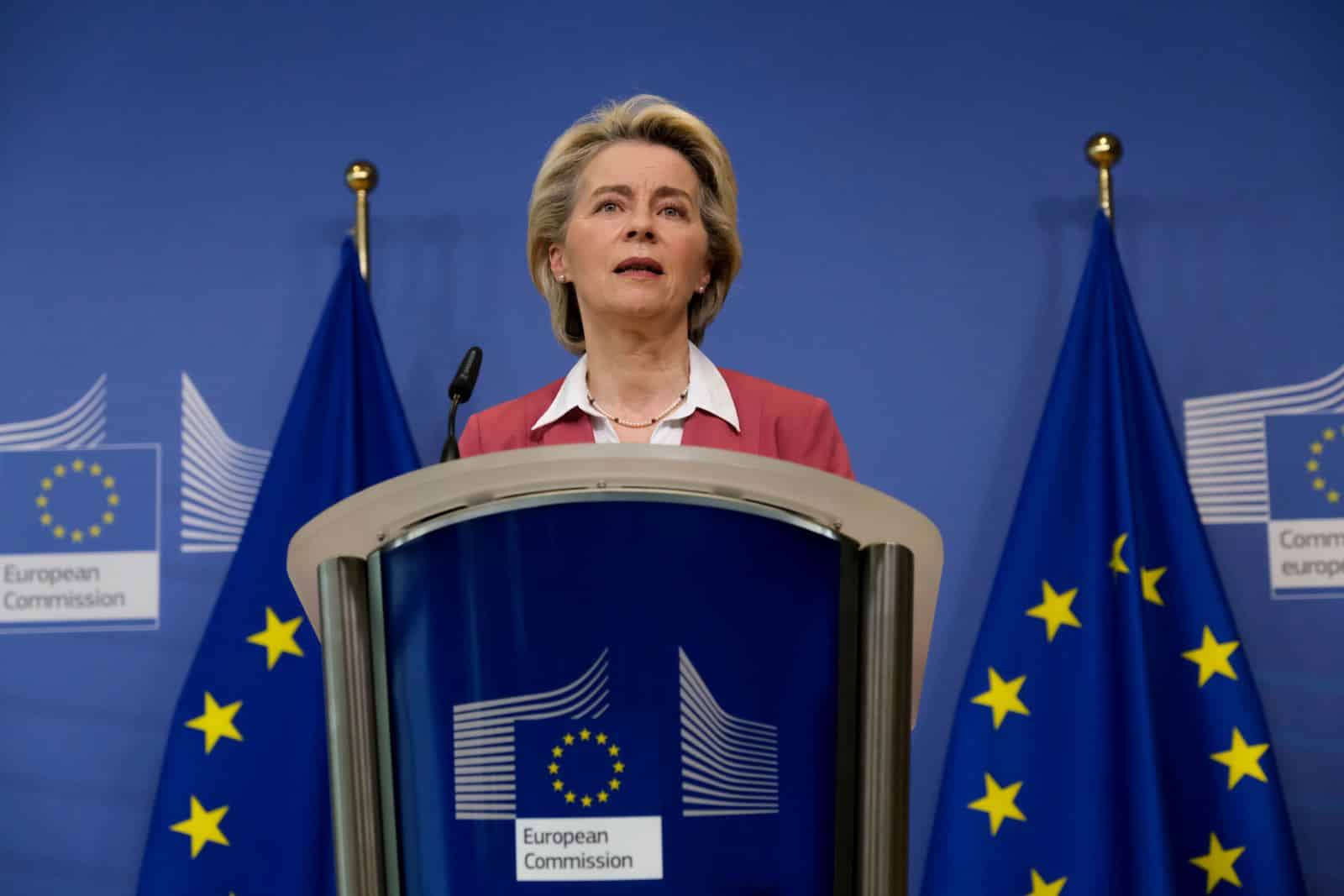
Since Brexit, the EU has been grappling with multiple crises and internal conflicts. Can the bloc hold itself together in these turbulent times? Brexit Fallout: 20 Ways the EU Is Falling Apart Without the UK
Featured Image Credit: Shutterstock / Sterling Images.
Grant Gallacher is a seasoned writer with expertise in politics and impactful daily news. His work, deeply rooted in addressing issues that resonate with a wide audience, showcases an unwavering commitment to bringing forth the stories that matter. He is also known for satirical writing and stand up comedy.

